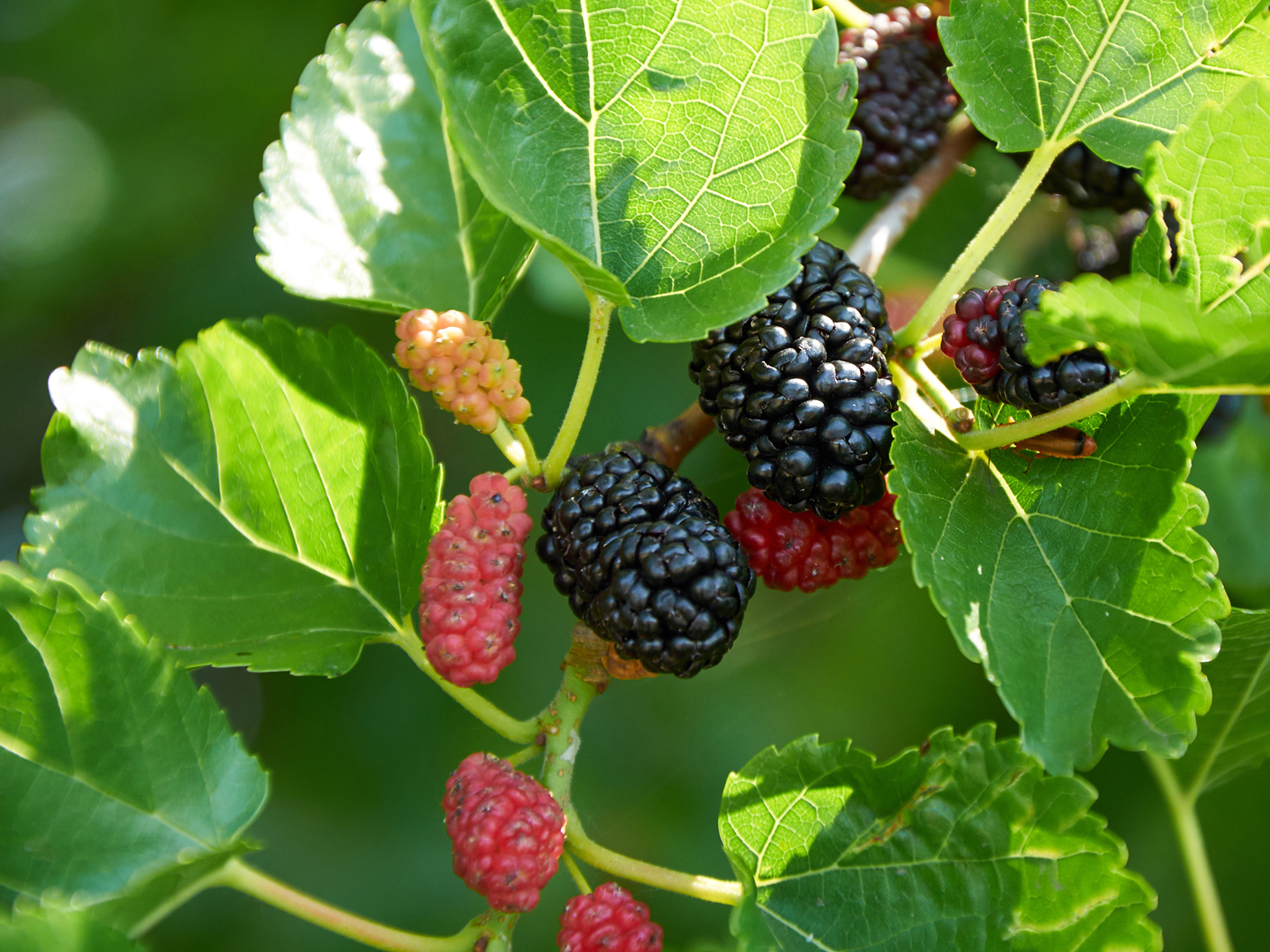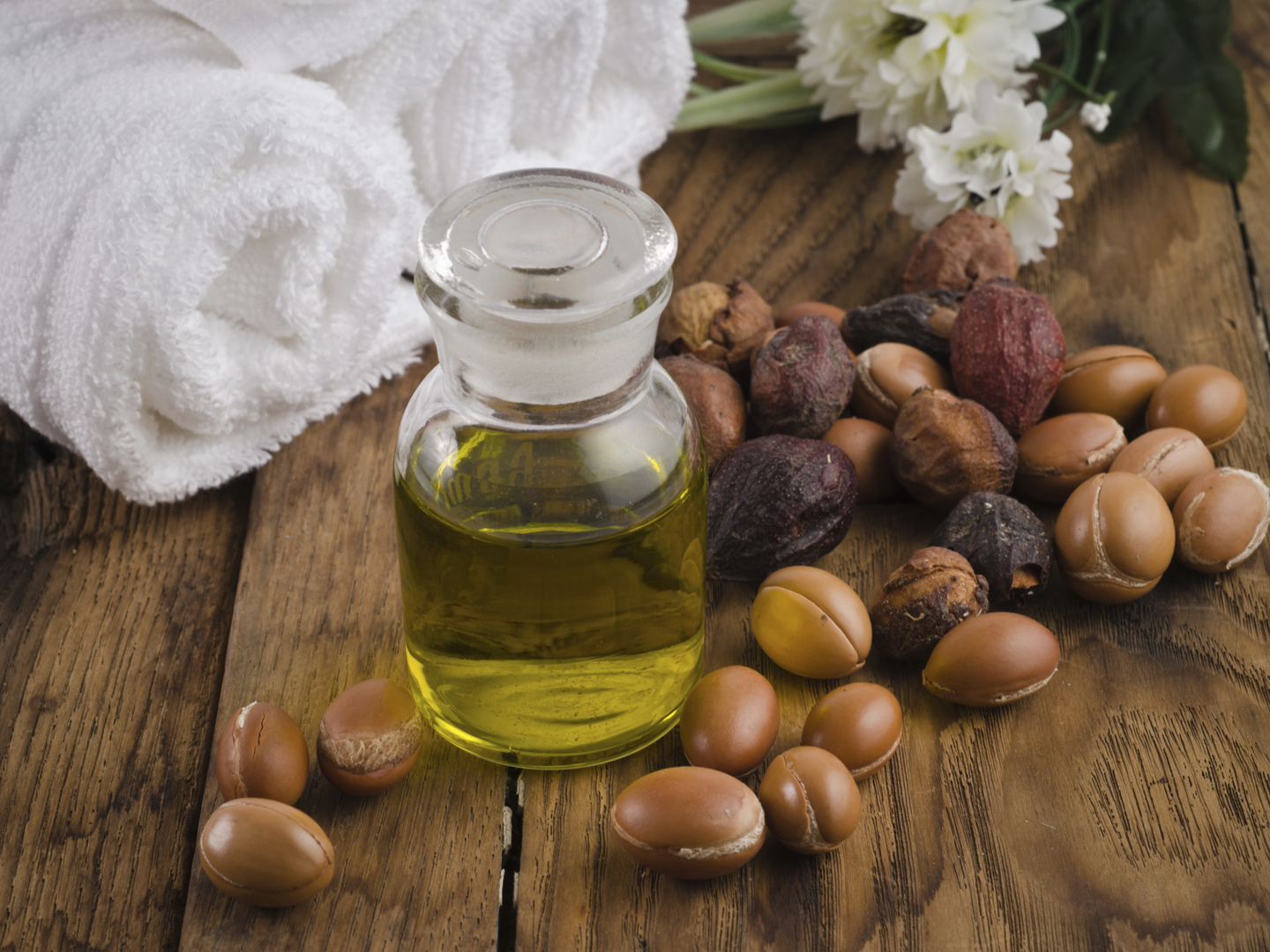Mulberry Leaf for Diabetes?
Do you have any information on the efficacy of mulberry to reduce blood sugar levels in diabetics?
Andrew Weil, M.D. | September 23, 2008

I discussed your question with Tieraona Low Dog, M.D., an expert on botanical medicine and an internationally recognized expert in the fields of integrative medicine, dietary supplements and women’s health. She tells me that mulberry leaf has been traditionally used to treat diabetes by numerous cultures around the world and that evidence from human studies show that it significantly reduces the rise in blood sugar that occurs after a meal. The dose of mulberry leaf extract used in these trials was one gram before meals. If you’re trying to manage type 2 diabetes with diet and exercise, and you think you need more blood sugar control, mulberry leaf extract might help. Dr. Low Dog suggests that you consider taking it before your larger meals of the day.
Some research has also indicated that a powder made from mulberry leaves may help prevent diabetes in otherwise healthy adults by suppressing the rise in blood glucose levels and insulin secretion after meals. The findings, from Japan, were published in the Journal of Agricultural and Food Chemistry in 2007, but the researchers indicated that more study is needed to make sure the powder is effective when taken by overweight and obese individuals at high risk of diabetes.
If you have diabetes, a number of dietary measures as well as nutritional supplements can help with blood sugar control. I recommend the following:
- Eat magnesium-rich foods daily. Good sources include spinach, tofu, almonds, broccoli, lentils, pumpkin seeds and sunflower seeds.
- Eat fish, take fish-oil supplements, or include in your diet another source of omega-3 fatty acids such as walnuts or freshly ground flaxseed daily.
- Eat foods low in glycemic load.
- Take chromium, atrace element that works with insulin to regulate blood sugar by helping to transport glucose into cells. I recommend taking up to 1,000 micrograms of GTF chromium daily.
- Take alpha lipoic acid, an antioxidant that can enhance the uptake of glucose into cells and help inhibit glycosylation (the abnormal binding of sugar to proteins, resulting in disease-promoting compounds). It also helps to promote and maintain eye health. Start with 100 mg per day.
- Take 400 mg of magnesium glycinate daily, which can help promote healthy insulin production.
- Supplement with coenzyme Q10 (CoQ10), a powerful antioxidant that can help maintain a healthy heart. The dose is 60-100 mg of a softgel form with your largest meal.
The following botanicals may also help. Look for standardized extract forms and follow the dosage directions on the packages:
- Asian bitter melon (Momordica charantia)
- Ayurvedic gurmar (Gymnema sylvestre)
- Blueberry (Vaccinium myrtillus)
- Prickly-pear cactus (Opuntia).
Andrew Weil, M.D.









